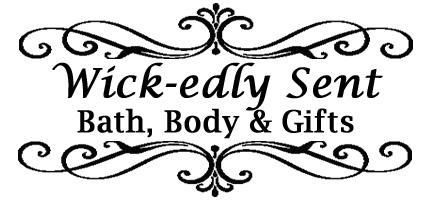Year ago, the claim that Ivory was 99.4 percent pure (their earlier claims said they were 85.48 percent) made people consider just what the ingredients were. Being pure of something, whether it’s natural soaps or alcohol, needs further explanation. While the fatty anhydrides, soda, and water caused explained the number, many wondered what percentages of the other brands were, and what exactly were the ingredients. With so many choices out there the public continues to believe what is being told to them, even if health issues of leery ingredients prevail.
Lye is used in all soap, even olive oil soap, in some method or another. The components of lye (ash) to saponify the oils and water to create soap has changed, but something is always needed to cause this reaction. In the soap making beginning there’s a story how mixing potash created a lye mix, which resulted into soap making. But if this was happy accident, much research was done after; or curing time, not to mention the blending of different oils, for soap makers to continue their passion today. Thank God for that. Now, the common lye mixture is sodium hydroxide and water. Do we really need lye though? True, many oils can clean the skin itself, but that would mean drowning our faces and body in oils and rinsing off, only to feel like a slimy well moisturized eel.
A friend also claimed that he didn’t need soap, and to prove a point, continued to take showers, while sometimes skipping a day, depending on his body’s natural oils to clean him. He submitted, and bought a huge bar of natural soap for his next shower. He did prove his point but didn’t want to offend others.
What makes a natural soap? Is it the method of creating? Is it the idea of man versus machine, or is it the ingredients? Many would argue that soaps made with tallow (animal fat) is not natural, while some say that extra chemicals, such as sodium laureth sulphate, are the deciding factor. When asking the questions you must remember that the creation of soap was really almost an accident, and what we call natural can be pretty loose. With chemicals so easily available, many larger companies continue to use them for cost effective practices, even if they are banned in certain countries. The smaller soap making companies that use oils such as canola, soybean and castor, are now being hailed as eco and skin friendly, heroes of the big “the man” corporations, some of whom were even considered leaders in the field.
So what happened? Were these companies so busy that they forgot who their customer was, or were they really that greedy and went for the most cost effective, drying, and harmful way of doing business? Who knows. But for the smaller guys, the ones that make castile and olive oil soap for a living, things are looking brighter. Smart consumers realize that their dollar makes the world go round and that their voice does matter. Bringing back the natural side of soap, without harsh or extra chemicals, and without all the glitz of celebrity endorsed toxic creams is what small independent businesses are doing. Taking the pledge to buy handmade is one step, educating the consumer is another, and if the major companies don’t want to follow suit, it’s their loss.
